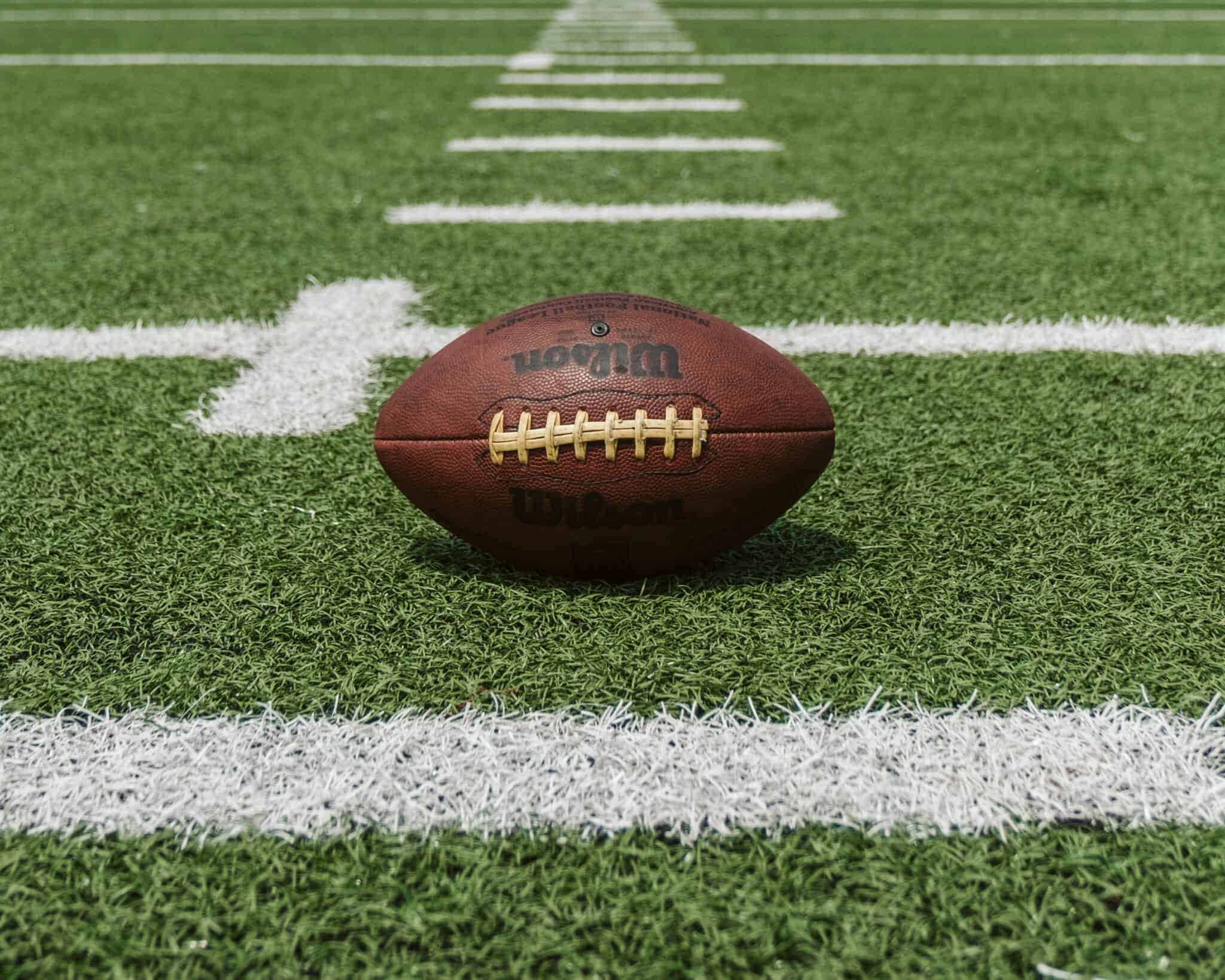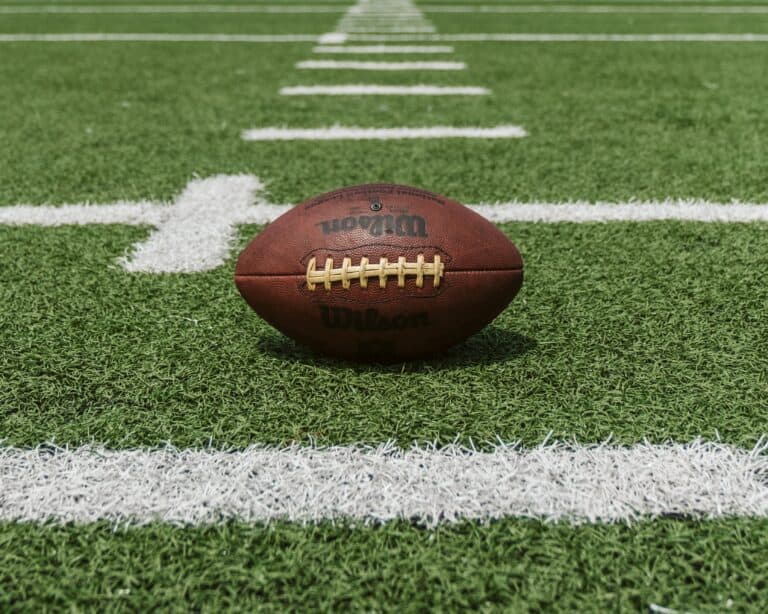
Alex Blutman is a student at Harvard Law School and a member of the Labor and Employment Lab.
Last week, Las Vegas Raiders head coach Jon Gruden resigned after emails he had written containing racist, homophobic, and misogynistic remarks were made public. The emails emerged as part of the workplace culture investigation that the NFL had been conducting into the Washington Football Team. Shortly after Gruden’s resignation, the NFL Players Association announced that it would formally request that the NFL release the remainder of the 650,000 emails the league had collected as part of its investigation—a request the NFL appears poised to deny on account of confidentiality reasons. The union probably lacks a solid legal basis for demanding the release of the emails, as the request would need to be tied to some right to such information in the CBA or be relevant to a violation of the CBA or workers’ rights under federal labor law. An NFL source familiar with the documents told the Associated Press that an internal review “did not identify other areas and other individuals it has to contact at club leadership or league leadership levels” on account of harmful language or messages. Even assuming none of the other emails collected rise to the level of Gruden’s offense, NFLPA executive director DeMaurice Smith suggested that further review of the emails could help determine whether race has been a factor in hiring decisions around the league.
The Women’s National Basketball Players Association released a statement, published as a full-page ad in the NY Times, in support of those who are “fighting back against the cruel abortion bans in Texas and across the country.” The statement, joined by Planned Parenthood, Athletes for Impact, Seeding Sovereignty, SisterSong, and Noise for Now, declares that “abortion, birth control, and fertility care are vital—not just for athletes who can get pregnant, but for all families and gender identities.” A few weeks ago, more than 500 athletes and various athlete associations signed an amicus curia brief submitted to the Supreme Court advocating for the protection of abortion rights in Dobbs v. Jackson Women’s Health Organization.
The student-athlete plaintiffs in Johnson v. NCAA filed a response after the NCAA and co-defendant universities appealed the district court’s decision to deny the defendants’ motion to dismiss, having found the plaintiffs plausibly alleged they were employees under the FLSA. Citing NCAA v. Alston and the recent NLRB General Counsel memo, the players reiterated their position that they are employees entitled to a minimum wage. Defendants are seeking immediate appeal on the basis that the Third Circuit has not spoken on the joint employer issue and that there is divergence among the Courts of Appeals. Meanwhile, the plaintiffs have requested class certification in the case, which, if conditionally granted, could allow more than 200,000 student-athletes to opt in to the class.
In the midst of a protracted legal and public relations battle over wages and working conditions, Major League Baseball announced that it will require teams to provide housing for minor league players starting in 2022. Governed by a complex legal framework, minor league baseball players, who are not represented by a union, have increasingly agitated for greater protections through groups like Advocates for Minor Leaguers and More Than Baseball. While securing housing was a top priority, minor leaguers continue to call for improvements to wages and travel accommodations, among other issues.
The 2021-2022 NBA campaign began last Tuesday, and this season’s edition will again excuse players from random marijuana testing. The agreement between the league and the Players Association continues a policy that began during the restart of the 2020 season that was interrupted by the pandemic and continued through the 2020-2021 season. Although marijuana remains prohibited in the collective bargaining agreement, the amended procedure emerged as part of the league and union’s agreement on COVID-19 health and safety protocols. NBPA Executive Director Michele Roberts recently said that she expects random marijuana testing will be eliminated “in the next CBA, maybe even next season.”









Daily News & Commentary
Start your day with our roundup of the latest labor developments. See all
January 22
Hyundai’s labor union warns against the introduction of humanoid robots; Oregon and California trades unions take different paths to advocate for union jobs.
January 20
In today’s news and commentary, SEIU advocates for a wealth tax, the DOL gets a budget increase, and the NLRB struggles with its workforce. The SEIU United Healthcare Workers West is advancing a California ballot initiative to impose a one-time 5% tax on personal wealth above $1 billion, aiming to raise funds for the state’s […]
January 19
Department of Education pauses wage garnishment; Valero Energy announces layoffs; Labor Department wins back wages for healthcare workers.
January 18
Met Museum workers unionize; a new report reveals a $0.76 average tip for gig workers in NYC; and U.S. workers receive the smallest share of capital since 1947.
January 16
The NLRB publishes its first decision since regaining a quorum; Minneapolis labor unions call for a general strike in response to the ICE killing of Renee Good; federal workers rally in DC to show support for the Protecting America’s Workforce Act.
January 15
New investigation into the Secretary of Labor; New Jersey bill to protect child content creators; NIOSH reinstates hundreds of employees.